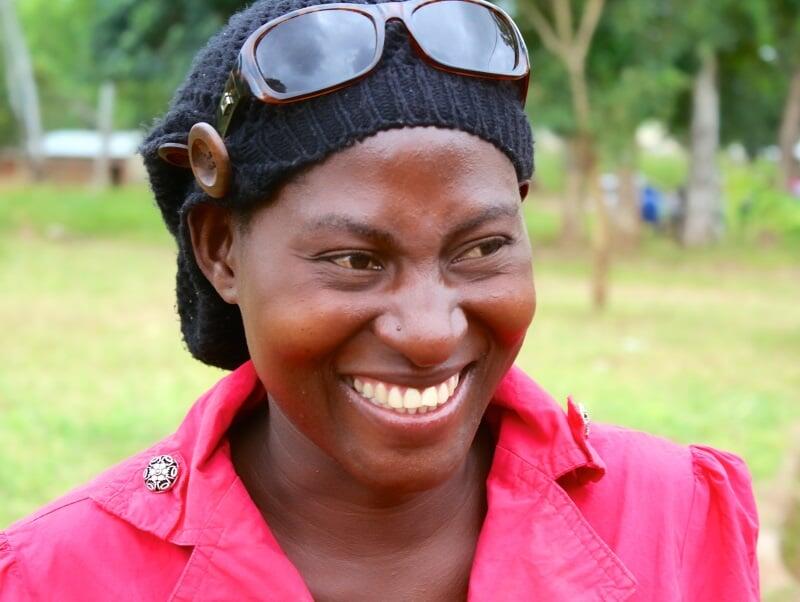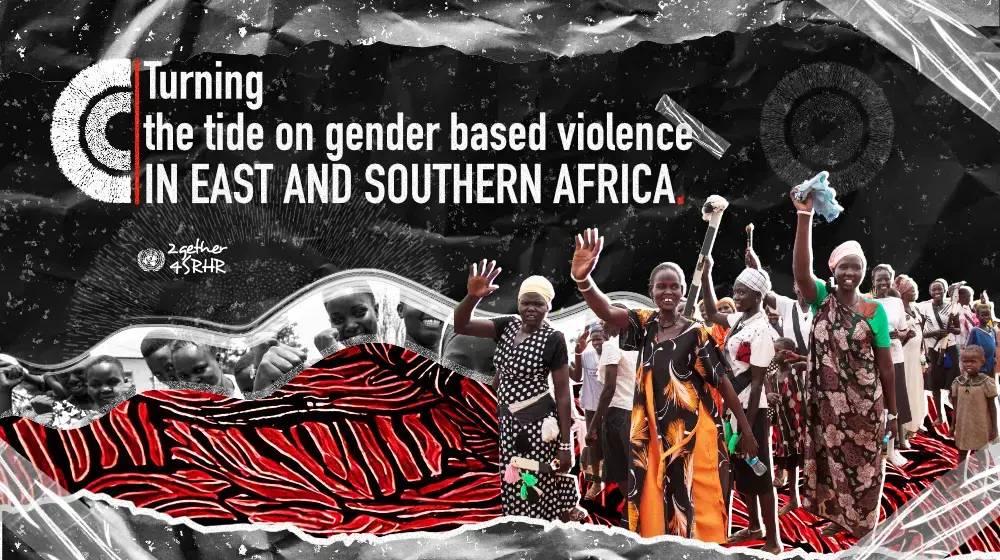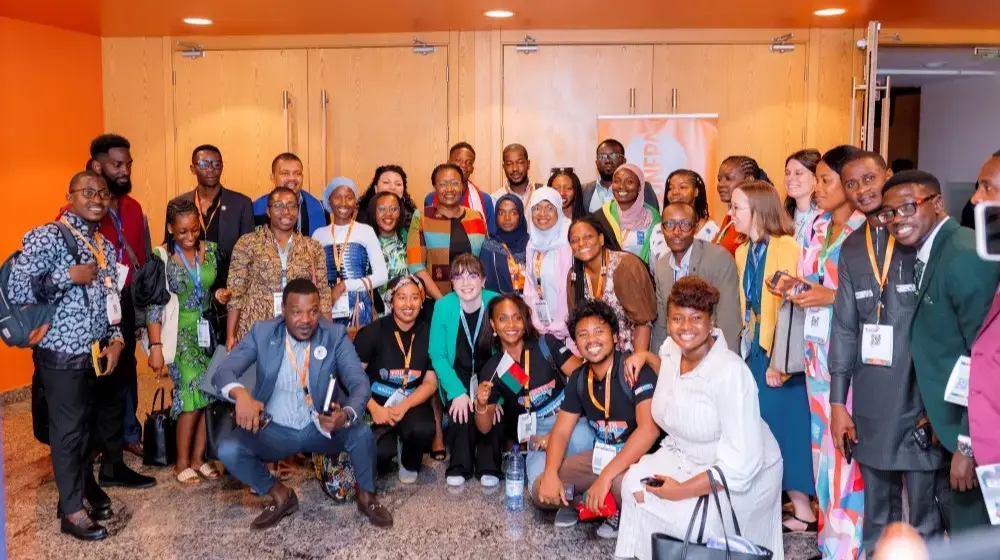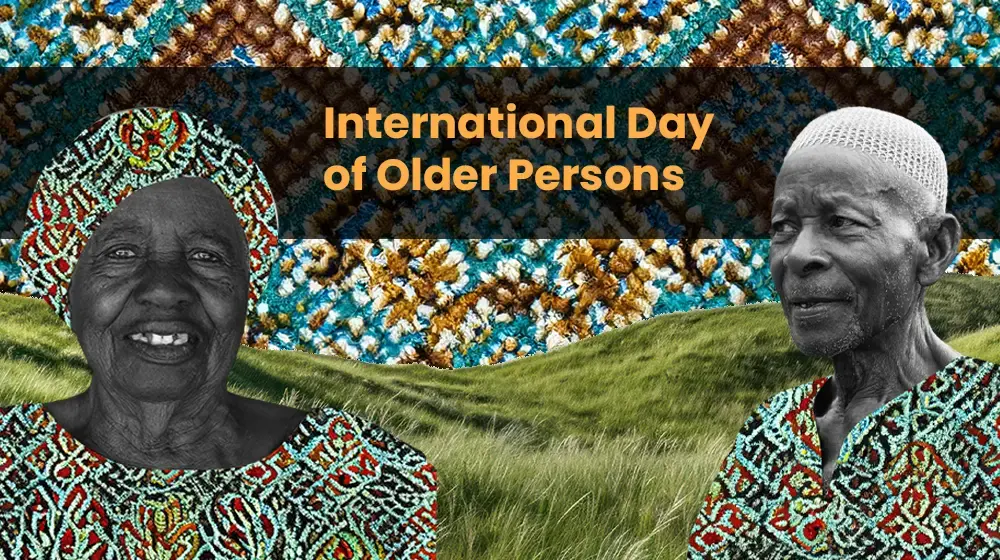PRETORIA, South Africa, 30 November – The opening of the 7th African Population Conference saw the launch of South Africa’s latest Population Policy Review Report by Bathabile Dlamini, Minister of Social Development, which highlighted the need to prioritize sexual and reproductive health and rights.

“The sexual and reproductive health and rights of all who live in South Africa is important and will be addressed,” she said. Particular attention will be paid to adolescents. Also high on the agenda is combating gender-based violence and the unequal relationships that continue to exist between men and women.
The South African Government is to prepare for the emerging population and development issues the country will face in the future. Attention will be paid to migration and rapid urbanization, the lack of migration data and the government’s ability to integrate that data into planning.
Speaking on behalf of UNFPA Executive Director Dr. Babatunde Osotimehin, Dr. Rachel Snow, UNFPA Chief Population and Development Branch, said that if Africa is to reap a demographic dividend, research-based evidence that will guide decision makers and improve policies and programmes must be generated.
“When young people are given the opportunity to reach their potential, and when adolescent girls, in particular, are ensured high quality education and primary health care services, they can more easily avoid HIV, and will no longer be burdened by child marriage, gender-based violence, unplanned pregnancies and poor maternal and newborn health.” This will liberate them to fulfill their full civic engagement and involvement in the development of their communities.
The chance to realize potential is derailed for millions of girls in Africa and the world – just because they are female. - Dr. Rachel Snow, UNFPA

“The chance to realize potential is derailed for millions of girls in Africa and the world – just because they are female," Dr. Snow said. "The likelihood of Africa achieving a demographic dividend will depend on how it addresses gender issues, and empowerment and education of the adolescent girl child.
"The fulfilment of sexual and reproductive health and reproductive rights, and the empowerment of women and girls, therefore, is essential for any society to achieve a demographic dividend,” she said.
Much more is required to resolutely address these challenges. “The demographic dividend requires a determined collective political response. Production and utilization of disaggregated data as well as innovative management of research findings and knowledge will be essential to identify the optimal investments to unleash the full potential of young people, and build an Africa of people-driven development relying on the potential of its women and youth.”
The conference, themed ‘Demographic Dividend in Africa: Prospects, Opportunities and Challenges’, held from 30 November to 4 December, was attended by the Minister of Social Development, Bathabile Dlamini, the Statistician General, Pali Lehohla, the President of the Union for African Population Studies Prof. Jean Francois Kobiane and Chair of the IOC, Prof Samuel Cudjoe.
The theme of the conference is timely, as the new Post-2015 Development Agenda on ‘Transforming Our World: The 2030 Agenda for Sustainable Development’ has been adopted. This is “a historic, transformative, inclusive and universal agenda for our people and the planet where the demographic dividend has been fully recognized as an important tool to implement the new transformative agenda, thanks to the African Members States,” Dr. Snow said.
“It is timely to address population dynamics in Africa, especially for young people, as the continent will continue to be the most youthful continent of the world.” Dr. Rachel Snow, UNFPA
She spoke of the importance of harnessing the demographic dividend to ensure sustainable economic growth and inclusive development, but said this requires that we empower, educate and create employment for young people and adolescent boys and girls, with the greatest urgency.
With the highest population growth rate, Africa is expected to account for more than half of the world’s population growth over the next 35 years, with ten of the most rapidly growing populations located on the continent, according to estimates of the latest United Nations Projections on World Population.
Africa is also one of the fastest urbanizing continents, yet many young people reside in urban slums with little access to critical socioeconomic services. “It is therefore timely to address population dynamics in Africa, especially for young people, as the continent will continue to be the most youthful continent of the world,” she said.
Demographic dividend studies
UNFPA will continue to assist African countries with demographic dividend studies already underway. It will contribute to harnessing the demographic dividend on the continent through efforts to promote youth leadership and participation, enable young people to develop their capabilities, and support both analysis and policies to unleash their potential for the future of their communities, their countries and their continent.
UNFPA, through its Innovation fund is establishing a population school project driven by a long-term vision to establish online courses available to external audiences. The Fund is committed to strengthen its engagement with academic centres of excellence for population studies on the continent and together, promote cutting-edge knowledge and training on key areas of population and development.




